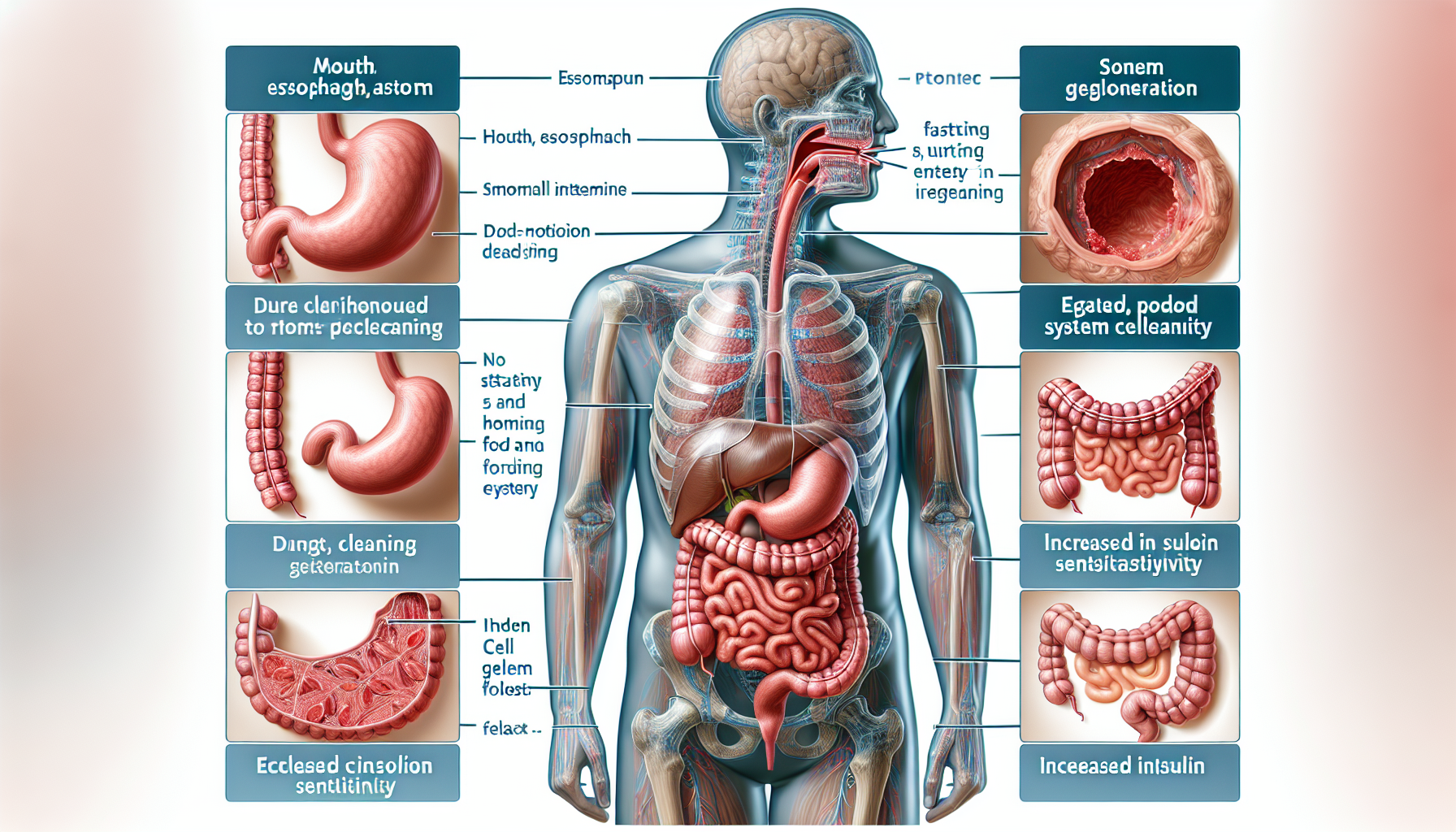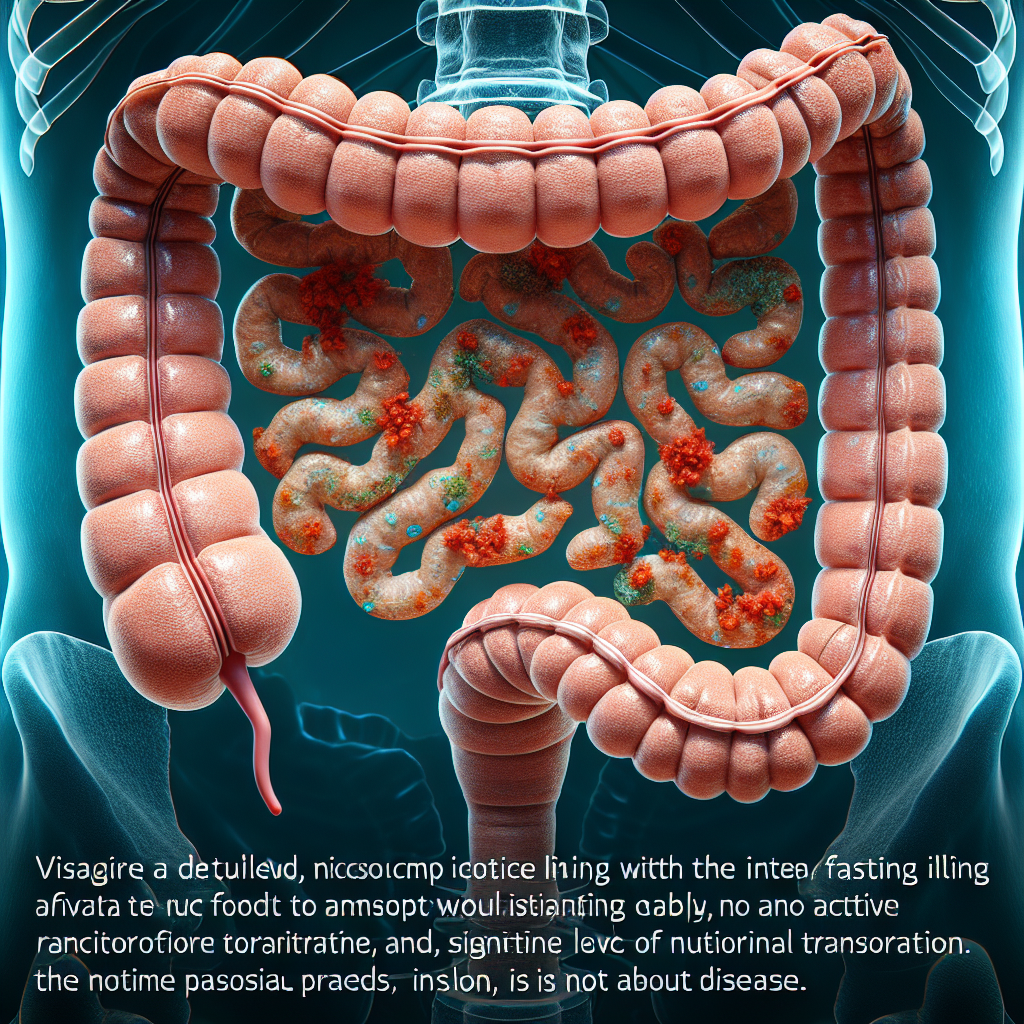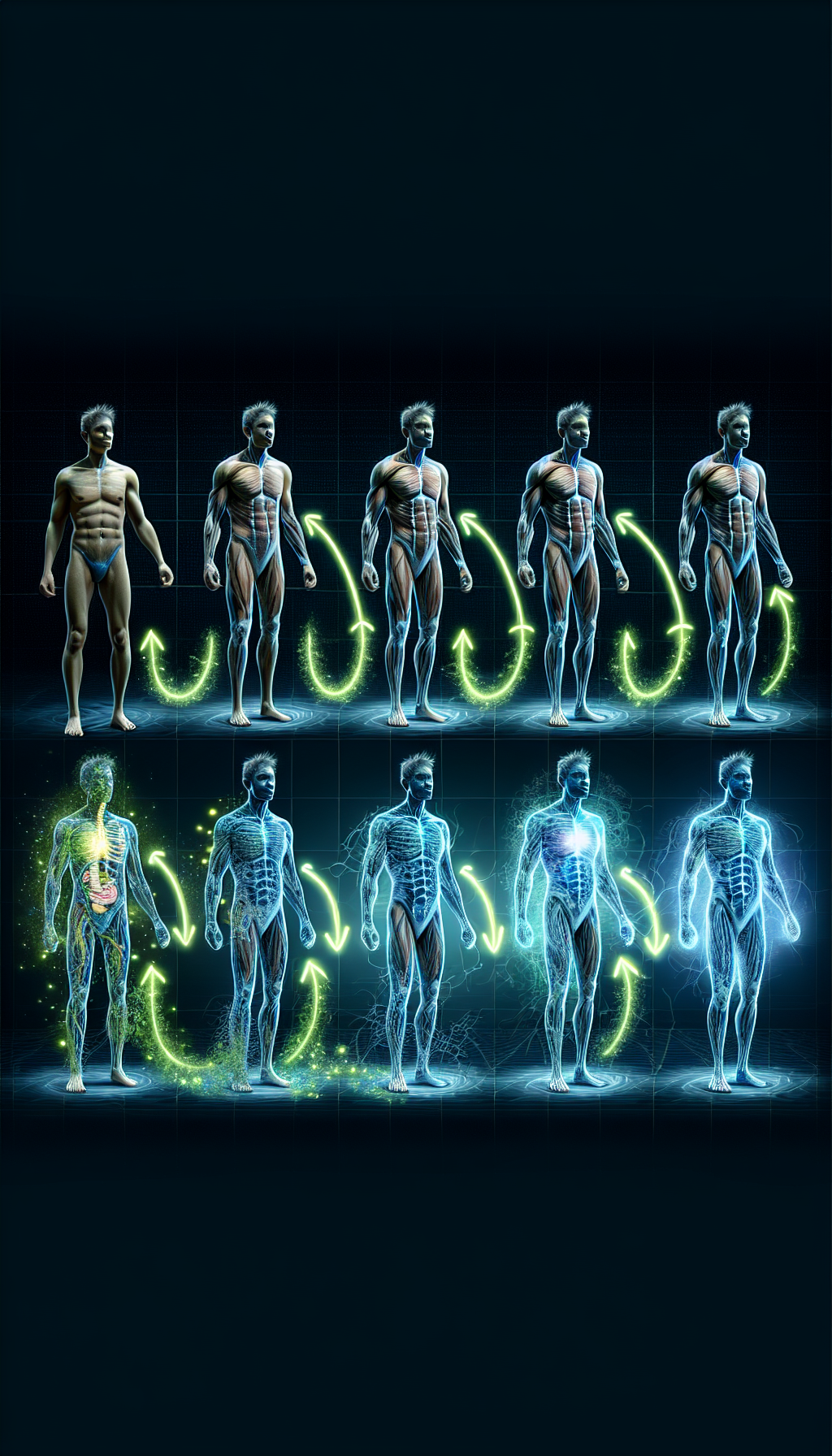Fasting, the voluntary abstinence from food and drink, is a practice that dates back millennia, often associated with religious rituals, cleansing processes, or even political protest. However, in recent years, the health and wellness community has seen a surge in the popularity of fasting, particularly prolonged fasting, for its potential benefits, such as weight loss and improved metabolic health. While much has been said about the effects of fasting on overall wellness, its impact on the digestive system is a topic of growing interest and importance.
Understanding the Digestive System During Fasting
The digestive system is a complex network designed to convert food into the nutrients our body needs to function properly. When we fast, this system undergoes a significant shift in its usual processes. Food intake cessation prompts the body to alter its source of energy from glucose derived from food to ketones produced from fat stores—a state known as ketosis.
The Fasting State and Stomach Acid
During fasting, the stomach continues to secrete acid, albeit at reduced levels. This is vital as stomach acid plays a crucial role in nutrient absorption, particularly for minerals like calcium and iron. However, prolonged fasting could potentially lead to an exaggerated response when food is reintroduced, which might affect the digestive health of an individual.
Oral Health and Digestive Enzymes
Saliva production and the maintenance of oral health are integral to the initial stages of digestion. Fasting may reduce saliva flow, which can impact the breakdown of food and oral health. It’s essential to continue oral hygiene practices during fasting periods to prevent potential negative effects on digestion.
Gut Lining and Intestinal Permeability
The lining of the gut is another area affected by prolonged fasting. A healthy gut lining is crucial to prevent permeability, also known as ‘leaky gut.’ Studies suggest that fasting may influence the gut lining’s ability to regenerate and maintain its integrity, which is essential for nutrient absorption and preventing toxins from entering the bloodstream.
Dehydration and Digestive Function
Hydration is critical for many digestive processes, including the proper flow of food through the intestines and the prevention of constipation. Prolonged fasting without adequate fluid intake can lead to chronic dehydration, impacting overall digestive health.
The Psychological and Physical Benefits
While prolonged fasting can have various effects on the digestive system, it is also associated with several potential benefits. Mindfulness and meditation, for instance, have been shown to improve digestive health, and these practices are often incorporated into fasting routines.
Mindfulness Meditation and Gut Function
Mindfulness meditation can positively affect the digestive system by reducing stress, which is known to impact gut function. Stress can lead to issues such as irritable bowel syndrome (IBS) and other digestive disorders. Implementing mindfulness techniques during fasting may help in alleviating digestive discomfort and enhancing gut health.
Nutritional Strategies During Fasting
While fasting implies the absence of food intake, the preparation leading up to and breaking the fast is critical for maintaining digestive health. Implementing nutritional strategies for managing the reintroduction of food can prevent gastritis and other digestive discomforts.
Emotional Stress and Digestive Health
Emotional stress is intricately linked to digestive health. Prolonged fasting may lead to heightened emotional sensitivity, but it can also be a time of emotional release and stress reduction, potentially benefiting gut function. Managing stress through fasting can be a therapeutic approach for individuals with chronic digestive issues.
Therapeutic Approaches and Exercise
Beyond the psychological benefits, certain therapeutic approaches and lifestyle changes incorporated with fasting can further support the digestive system.
Exercise and Gut Motility
Physical activity is known to promote healthy gut motility and should be a part of any wellness routine, including periods of fasting. Exercise can help in maintaining muscle tone in the gastrointestinal tract, which is essential for moving food through the system efficiently.
Liver Detoxification and Digestive Health
The liver plays a crucial role in detoxification, and fasting may aid in this process. Implementing strategies for improving liver detoxification can enhance overall digestive health and function.
Dietary Fiber and Digestive Wellness
Although no food is consumed during fasting, understanding the impact of dietary fiber on digestion is important for the periods before and after a fast. Both soluble and insoluble fiber contribute to digestive wellness by maintaining bowel regularity and promoting healthy gut bacteria.
External Resources for Further Reading
For those interested in exploring the effects of prolonged fasting on the digestive system further, there are niche resources that provide in-depth information:
- A comprehensive review on the gut microbiota’s response to fasting and its implications for health can be found in a specialized article from Cellular and Molecular Life Sciences.
- The physiological changes in digestive enzyme activity during fasting are thoroughly discussed in a research publication from the American Journal of Physiology-Gastrointestinal and Liver Physiology.
- Insights into the molecular mechanisms by which fasting affects the gut lining and intestinal cells are available in a study from the Journal of Nutritional Biochemistry.
Conclusion
Prolonged fasting is a powerful tool that can have profound effects on the body, including the digestive system. While it offers potential benefits, such as improved gut health and stress reduction, it also requires careful consideration of hydration, the reintroduction of food, and the maintenance of a healthy gut lining. By understanding and respecting the body’s response to fasting, individuals can harness this ancient practice to support their digestive health and overall well-being.



